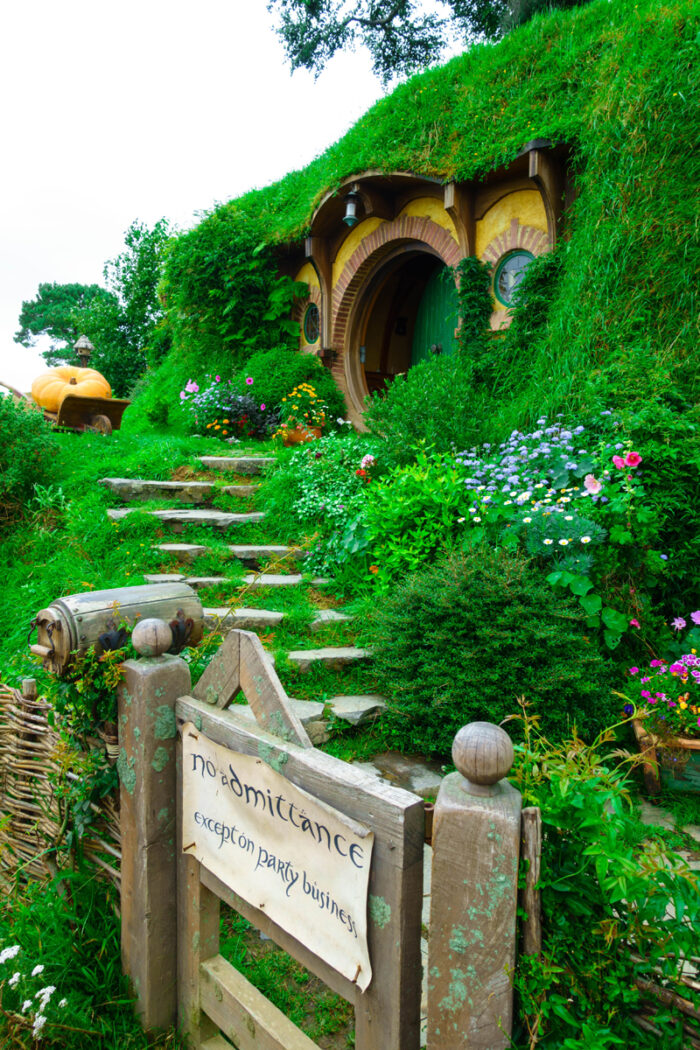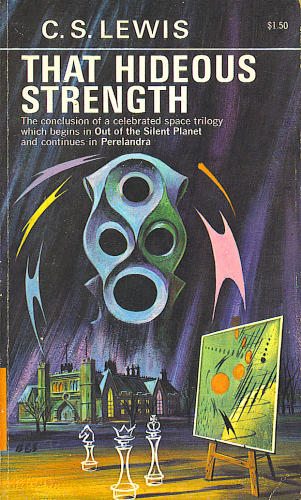Read-alouds and the moral imagination
I’m reading Live Not By Lies, by Rod Dreher. It’s a discussion of the “soft totalitarianism” spreading in America, and how people in general, and Christians in particular, can be alert to it and opposed to it.
Much of the book consists of interviews with dissidents from formerly communist regimes who recognize the signs and describe how they stood against the onslaught. One example is the family of Vaclav and Kamila Benda of Prague, Czech academics who stood firm against communism even though Vaclav was imprisoned for four years for it, starting in 1979. Among the ways Kamila held firm and modeled freedom for her six children during those years was the habit of reading aloud to them for several hours a day:
She read them fairy tales, myths, adventure stories, and even some horror classics. More than any other novel, though, J.R.R. Tolkien’s The Lord of the Rings was a cornerstone of her family’s collective imagination.
Why Tolkien? I ask.
“Because we knew Mordor was real. We felt that their story” — that of the hobbits and others resisting the evil Sauron — “was our story too. Tolkien’s dragons are more realistic than a lot of things we have in this world.”
“Mom read The Lord of the Rings to us maybe six times,” recalls Philip Benda. “It’s about the East versus the West. The elves on one side and the goblins on the other. And when you know the book, you see that you first need to fight the evil empire, but that’s not the end of the war. Afterward, you have to solve the problems at home, within the Shire.”
This is how Tolkien prepared the Benda children to resist communism, and also resist the idea that the fall of communism was the end of their quest for the Good and the True. After communism’s collapse, they found ways to contribute to the moral reconstruction of their nation.
I’ve been working my way — not for the sixth time, but for the third or fourth — through The Hobbit and The Lord of the Rings in recent weeks, so this passage stood out to me. I’m sure there are those who object to identifying certain groups with Good or Evil (though there’s a lot of that going around, on all sides). But any of us who value stories and books can acknowledge that they do establish and populate shared imaginative worlds that make moral categories visible to us, and meaningful in our nonfictional lives. I’ve certainly never heard anyone debate the badness of Sauron, or the goodness of the fellowship, so I have to think the books point to a consensus among readers about the basics of decency vs. cruel self involvement; just and unjust power; good and evil. In any case, I loved coming across this endorsement of a favorite story and its lasting value and power.






One Comment
Ruth
I love the way stories prepare us to live “our nonfictional lives.” Thanks for this!